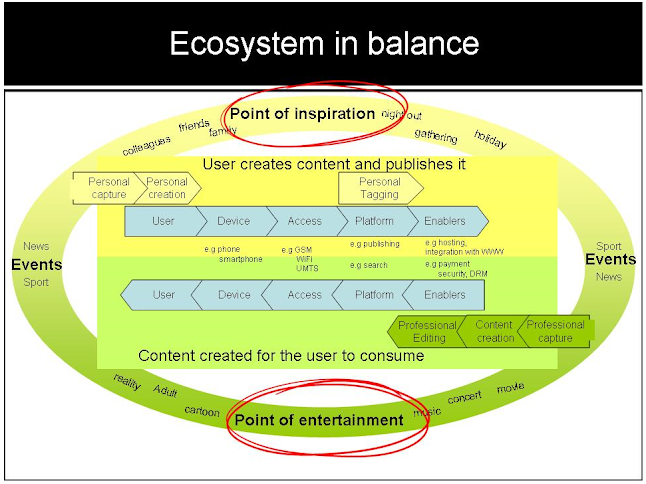mobile digital footprints

London , November 2007 ViewPoint This Viewpoint explains the power of 2.0 (two dot zero) ideals, why 'Mobile Web 2.0' centres on the unique value created by "mobile metadata" and why AMF Ventures believes that Eric Schmidt, the CEO of Google, understands that the ownership of mobile metadata will create more shareholder value than search! Every CxO seeking to deliver any aspect of a convergent solution should read and debate this viewpoint as it impacts: mobile operators, handset manufactures, equipment supplies, platform supplier, application developers, middleware, venture capital, advertisers, consumer brands, media companies and agencies; the digital players. Introduction Web 2.0 talks of “harnessing collective intelligence”. This viewpoint presents the idea of extending this concept to the realm of mobile Digital Footprints and explores where shareholder value will be created. At the forefront of “harnessing collective intelligence” is the mobile device, a...